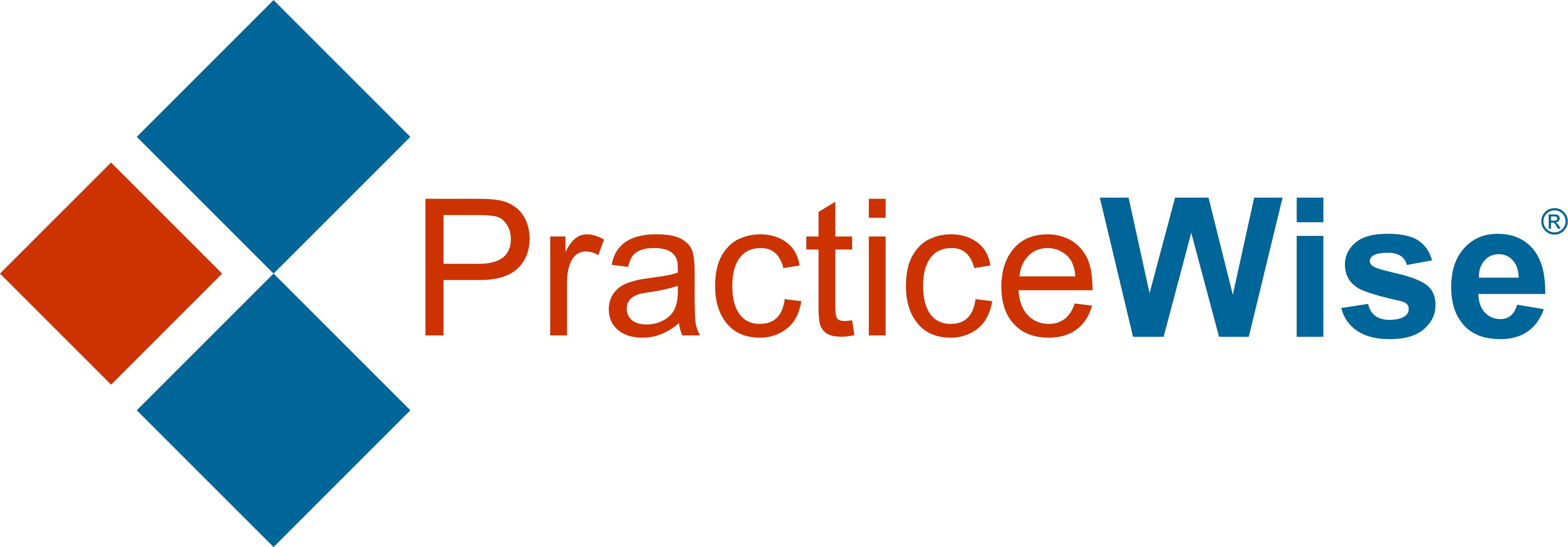Mental health can present with its own complexities, and it’s not uncommon for it to come with some company. In other words, it is common for a provider to find that a client has multiple mental health comorbidities. This is often the case in children who experience chronic health conditions or illness. MATCH has been found to be an effective psychological intervention that can address multiple comorbidities at the same time.
MATCH-ADTC is a system developed to enable providers to quickly access research, treatment plans, helpful tips, and more. It is effective in treating a primary clinical concern and comorbidities simultaneously which is an innovative and exciting advance for the mental health field.
MATCH has become more widely known throughout the mental and behavioral health communities over the 20 years since it was first developed. As we receive feedback from providers and studies, we are excited about the role it is playing in treating young people with mental health comorbidities. Having just received praise from a study in the U.K., this article will take a deeper look at MATCH-ADTC, focusing on its effectiveness in treating mental health comorbidities in young people.
What is MATCH-ADTC?
We love acronyms in the mental and behavioral health world, don’t we? As one wife/mom stated, “My husband has PTSD. Our son has ASD and ADHD. Our daughter has OCD. Our house is like alphabet soup!” So, in the spirit of acronyms, what does MATCH-ADTC stand for? It is the Modular Approach to Therapy for Children with Anxiety, Depression, Trauma, or Conduct Problems.
It is a system designed to provide a wealth of well-organized resources that can be easily adapted and implemented for children with an array of mental and behavioral health concerns.
It combines 33 procedures drawn from the most successful Evidence-Based Treatments (EBTs) into a single, flexible system. It includes step-by-step therapy modules with rehearsal activities, example scripts, and helpful tips. It includes explanatory handouts and worksheets for children and their caregivers that are easy to understand. It also includes monitoring forms for the providers.
Providers will first choose the clinical target area for treatment. MATCH then guides providers through resources to address that issue while also responding to therapeutic roadblocks. One such roadblock is comorbidity. MATCH will help the provider find the resources to address the comorbid issues while focusing on the primary clinical target. The provider will have the necessary EBTs to help his clients tackle more than one issue at a time which can lead to the child feeling more accomplished as he or she sees improvements in multiple areas. This is exciting for the child, the provider, and the caregivers.
MATCH’S Success in Treating Comorbidities in Children with Epilepsy
As mentioned, it is not uncommon for children with chronic illnesses or health conditions to experience comorbidity. A recent study conducted in the U.K. specifically addressing children with epilepsy and comorbidities, elected to use PracticeWise’s MATCH program. We are pleased to share that it was found to be a psychological intervention that can successfully address multiple mental health comorbidities at the same time. The study was published in Lancet which is the highest-impact factor journal (non-cancer focused) in all of social science and medicine.
The study found that using the Epilepsy Modules found in the MATCH program “was superior to assessment-enhanced usual care in improving emotional and behavioral symptoms in young people with epilepsy and common mental health difficulties…”. They also found an improvement in the caregivers’ mental health when MATCH was used. So, it is successfully being used to improve the mental health of both children and their caregivers.
Benefits of MATCH
- Diversity – Because MATCH is so diverse, it can be applied to children throughout the U.S. and abroad. Its diversity also allows it to be used for a wide range of issues, treating multiple comorbidities simultaneously.
- Reduces duration of treatment – By treating comorbidities at the same time as the primary clinical concern, the duration of treatment is reduced. Children experience success faster which is exciting and encouraging. Additionally, it frees up time for caregivers. For providers, it allows them to help more children.
- Evidence-based – The treatment plans offered through MATCH are evidence-based and rigorously tested so you can be sure you are choosing an effective course of treatment for your clients.
- Streamlines care – Using a program that has proven successful allows you, as the provider, to get to work immediately helping your client. MATCH takes the guesswork out of which treatment plan to use and saves you hours of research.
Summary
MATCH-ADTC is a system designed with the intention to treat children’s mental health issues in totality, addressing comorbidities alongside the primary clinical concern. It is not uncommon for children with chronic health issues or illnesses to experience comorbidities. Having achieved landmark success in children with epilepsy and comorbidities, PracticeWise is excited about all this program can help providers accomplish with their clients. Offering a variety of Evidence-Based Practices to address a myriad of issues, MATCH is being used to successfully treat children with comorbidities. This allows a shorter duration of treatment. Caregivers are also experiencing an improvement in mental health as the children they care for are improving at a faster rate than those receiving traditional care. MATCH is marching across the world to make a difference, one child at a time.







